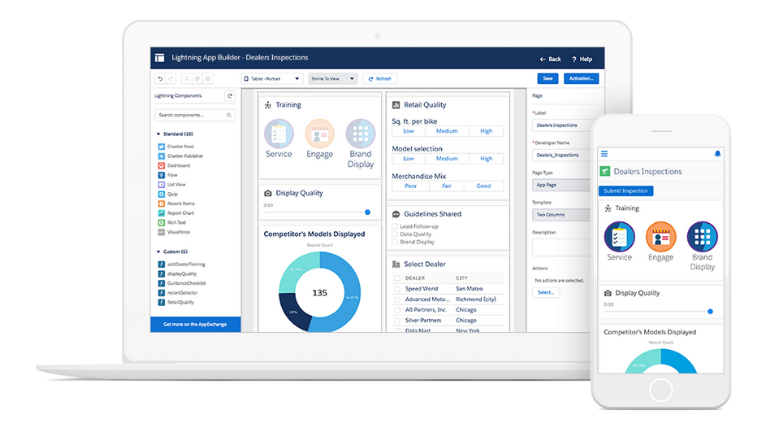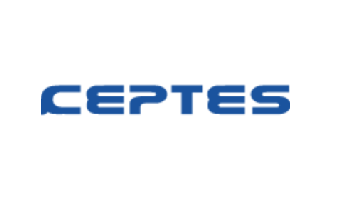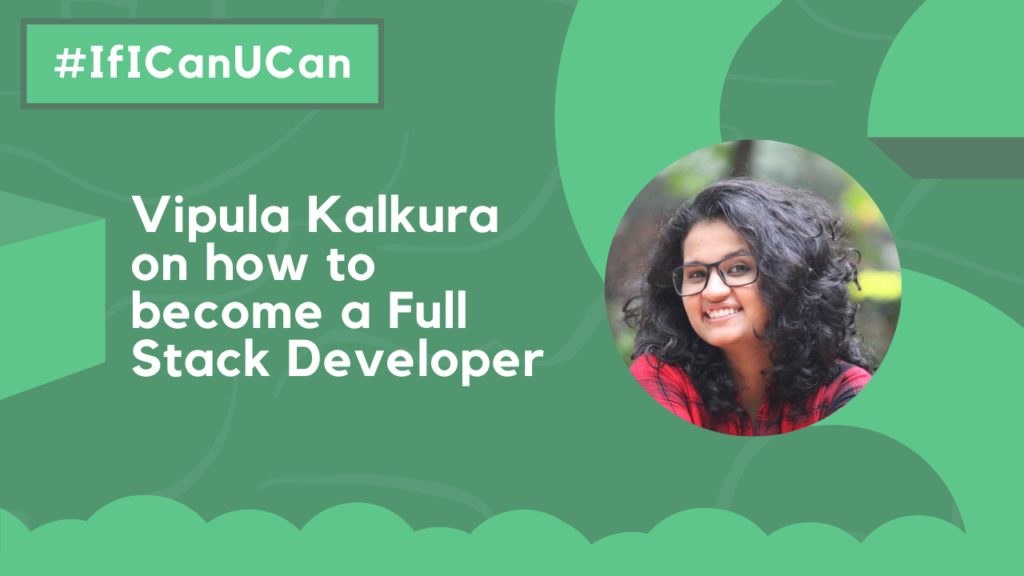Salesforce has revolutionized the CRM business by leaps and bounds since its launch. It provides a whole complementary suite of enterprise applications focused on customer service, marketing automation, and the like.
Due to the diversity of operations, the pay is indeed lucrative but what attracts most people towards the Salesforce ecosystem is a ‘NO-code’ career profile.
Ahead, we’ve tried to shed some light on the ‘Full-stack developer’ profile of Salesforce and also stated how you could master the NO-code arena.
To guide you better, our colleague, Vipula Kalkura talks about how to become a Full Stack Developer and how it differentiates from the rest.
Continue reading to find out more!
Who is a Full Stack developer?
It’d be great if you could start from the basics. So let’s understand what a full-stack developer means in the IT world. As per research, if a developer could handle several tasks such as system engineering, databases, DevOps, front-end Dev, Back-end development, and others, that would come under the realm of full-stack development.
It could also be understood in the sense that if a developer could handle the front-end (visible part of the website/app) as well as the back-end (technical nitty-gritty), they would be termed as a full-stack developer. They are more often engaged in entrepreneurial endeavors because of having good horizontal knowledge about the tech, so most full-stack developers aren’t experts in one skill. They are the ‘Jack of all trades.
How is Salesforce Full Stack Development Different?
All the functions mentioned above require a lot of coding and manual work. This is where Salesforce differentiates itself from others. To understand what No-code means, you’ll have to sail through the trailhead platform of Salesforce. It introduces a learner to ‘Declarative development’ that encourages you to minimize the use of code.
Many people might have used such drag and drop tools in the form of LEGO Mindstorm in High School or even with Microsoft’s Visual Studio Designer tools to do development in their professional career.
However, they still don’t offer the full functionalities that a developer expects, this is why many times they needed to rewrite the code anyway to bypass the limitations that these tools provided.
This is where Salesforce no-code development tools win by a great margin. They not only allow the developer to modify the data, but also help in creating basic forms, pages, and even setting up validation rules. The most fascinating thing is that a person who doesn’t know how to code or ever have tried it could also develop entire apps in Salesforce using prebuilt components and point and click tools.

Below we have attached a picture of the Lightning builder app, which can be used to build apps.
Essentially you can perform front-end as well as back-end functions easily using no-code or low-code features of Salesforce. However, that doesn’t mean your prior knowledge wouldn’t benefit you. In fact, knowing about logic, conditions, and CRUD operations would highly benefit you while you’re working on ‘Process builder’.
How to become the best Developer in Salesforce
There are several ways you can reach the ultimate destination of becoming the best Salesforce developer in town. Here are some of the ways you can become one.
-
Take time to understand the platform
The ‘meta-data-driven development’ model seems like an alien concept. However, as you begin exploring and learning about the same, it’d be a cakewalk. Spending time learning about the platform would give you an edge. Try to understand the use cases for flow, workflow rules, process builder, and so on.
-
Take advantage of the trailhead
Salesforce premier repository Trailhead provides all the resources necessary for becoming a no-code/ low code developer in optimum time. We recommend starting here and then here.
I took the PD1 Certification and CPQ Specialist Certification. I am also planning to take up Platform App Builder and Advanced Administrator Certification.
Conclusion
We hope the article was helpful for you. We’ve written a lot of informative pieces on the Salesforce ecosystem. Do check them out here. At CEPTES, we value experience more than degrees. Our business culture is a healthy mix of ethos and flexible norms. To top it, our hub is a geek’s paradise. We are now boosting the IT markets with high-value jobs. To know more, visit our careers page.
Thanks for reading!







